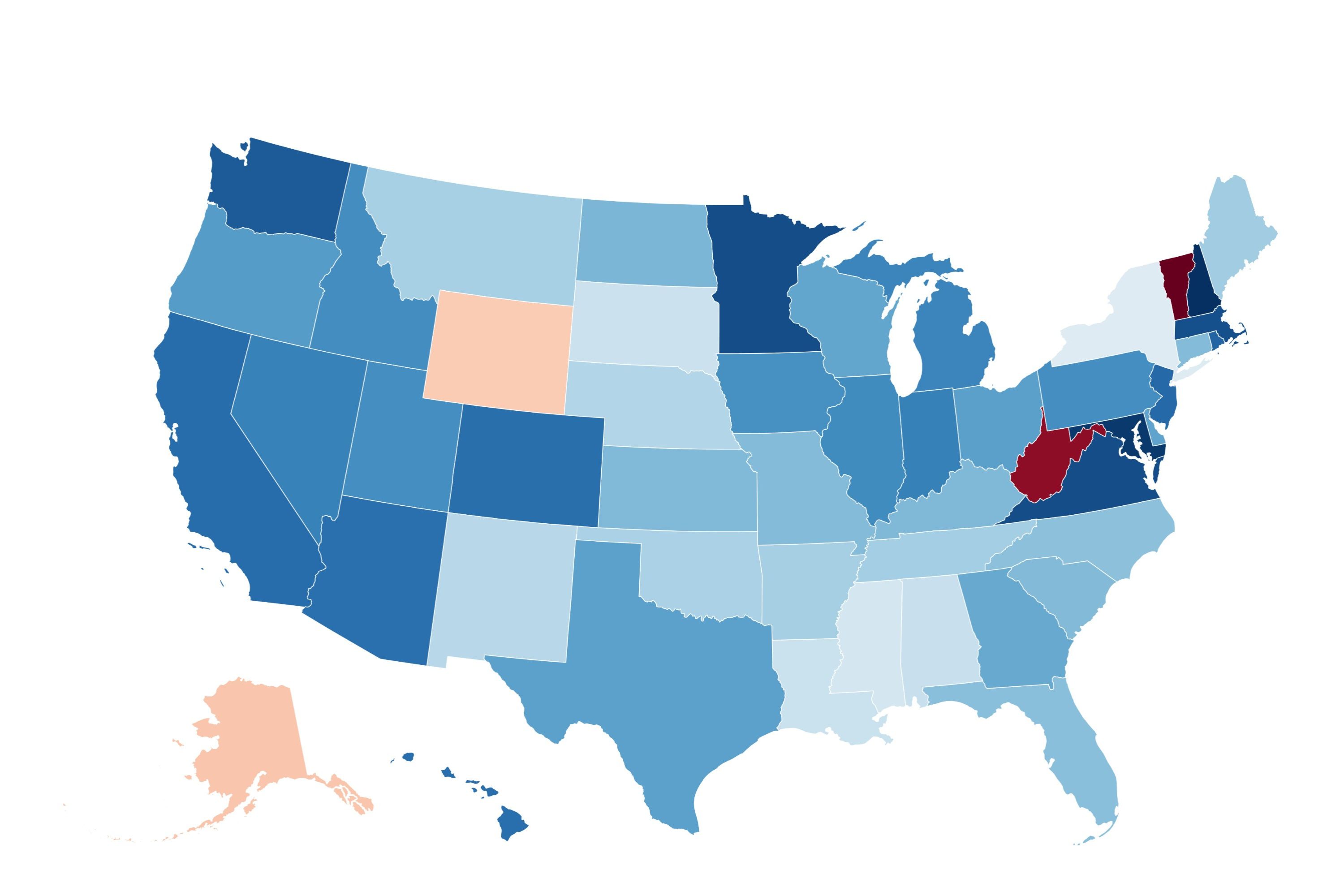Large-Scale Study Debunks Fears: Vaccine Aluminum Not Linked to Long-Term Health Issues

For years, concerns have swirled around the potential health risks of aluminum exposure from childhood vaccines. A groundbreaking new study, analyzing data from over 1.2 million individuals, has definitively debunked these fears. The research, published in a peer-reviewed journal, found no connection between aluminum in vaccines and long-term health problems, including autism and asthma.
The Scope of the Research: A Massive Dataset
This isn't a small-scale investigation. Researchers meticulously examined health records of more than 1.2 million children, tracking their vaccination history and subsequent health outcomes over an extended period. The sheer size of the dataset provides a robust foundation for the study's conclusions, significantly strengthening its reliability.
Addressing Common Concerns: Autism and Asthma
Two of the most persistent concerns regarding vaccine aluminum have centered on its potential link to autism and asthma. Previous, smaller studies and anecdotal reports fueled these anxieties. However, this new study directly confronts these claims, finding absolutely no evidence to support a causal relationship. The researchers controlled for numerous confounding factors, further solidifying their findings.
Why Aluminum is in Vaccines: A Necessary Component
It's important to understand why aluminum is present in some vaccines. It acts as an adjuvant, a substance that enhances the immune response to the vaccine antigen. This allows for a smaller dose of the antigen to be used, making the vaccine more effective and safer. The amount of aluminum in vaccines is carefully regulated and is far less than what humans are exposed to daily through food, water, and the environment.
Expert Commentary and Implications
Leading medical experts have hailed the study as a significant contribution to the ongoing discussion surrounding vaccine safety. “This research provides further reassurance that vaccines are safe and effective,” stated Dr. Emily Carter, a renowned pediatrician and vaccine researcher. “It’s crucial to base our decisions on scientific evidence, and this study clearly demonstrates that aluminum in vaccines does not pose a risk to long-term health.”
Moving Forward: Promoting Vaccine Confidence
The findings of this study are vital in combating vaccine hesitancy and promoting public health. By providing clear, evidence-based information, we can help individuals make informed decisions about vaccination. Open and honest communication about vaccine safety, coupled with rigorous scientific research, is the key to building and maintaining public trust.
Disclaimer: This information is for general knowledge and informational purposes only, and does not constitute medical advice. It is essential to consult with a qualified healthcare professional for any health concerns or before making any decisions related to your health or treatment.






